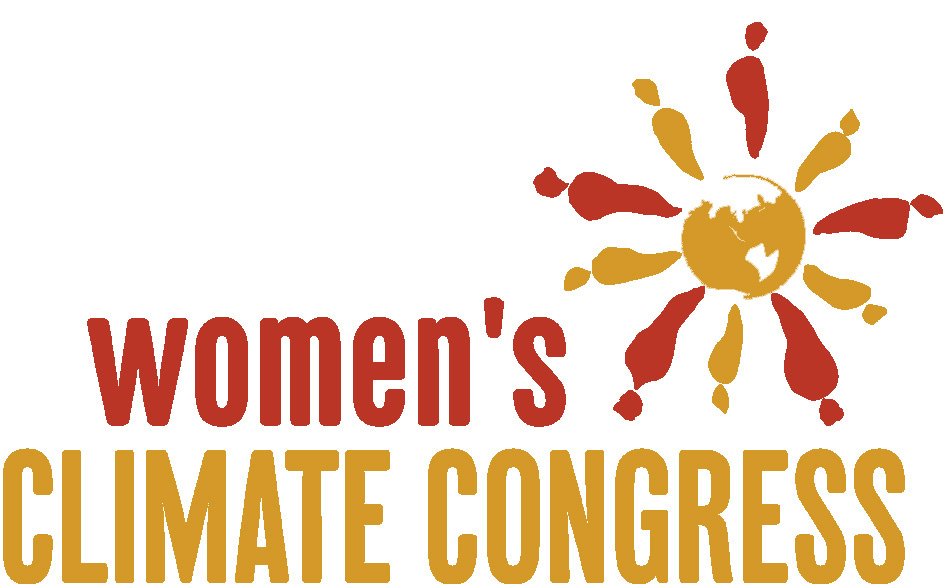In this March conversation, we celebrated International Women’s Day by picking up the UN Women’s theme of ‘Changing Climates’.
Like our own organisational name of Women’s Climate Congress, this theme incorporates the double meaning of ‘climate’ as the Earth’s climate per se, and the social and political climate within which policy decisions are made.
In this context, we explored how equality for women today, in numbers, in full access to policy agendas, in respect and in all their diversity, is indeed a prerequisite for effective action on climate change, and a sustainable tomorrow!
To help us tease out this theme, we welcomed two guest conversationalists — both members of the WCC:
Victoria McKenzie-McHarg — Strategic Director, Women’s Environmental Leadership Australia (WELA).
Dr Zohl dé Ishtar — long-time social justice advocate, author and co-founder (with Elders) of the Kapululangu Aboriginal Women’s Law and Culture Centre, Wirrimanu Community
Victoria and Zohl are in conversation with Women’s Climate Congress founding members Janet Salisbury and Kirsten Anker.
Meet our guests
Victoria McKenzie-McHarg is the Strategic Director of Women's Environmental Leadership Australia (WELA), an organisation dedicated to empowering, supporting, funding and diversifying women's leadership for our environment and climate action to transform Australia's response to these crises.
Victoria has led climate strategy and campaigns in Victoria and nationally over the last 15 years, including as the Climate Campaign Manager at the Australian Conservation Foundation (ACF) and at Environment Victoria, as the Manager of Strategy at Bank Australia, and as the former Chair of the Climate Action Network Australia (CANA). Victoria has successfully led campaigns to stop new coal-fired power stations and replace existing ones, and to support climate and clean energy policy. Victoria is also a Steering Committee member of the Forrest Gateway to the Otways project, seeking to create a community-led climate and bushfire resilience centre in the Otway Ranges.
Irish-Australian lesbian Dr. Zohl dé Ishtar has lived and collaborated with Indigenous Australian and Pacific women and their communities for over 40 years. In 1982-1983, she rode a bicycle across Australia and through Europe with the “World Bike Ride for Peace” speaking about nuclear testing in the Marshall Islands. Her bicycle took her to Greenham Common Women’s Peace Camp (England) at the height of the Cold War. Sharing her stories with women sitting around Greenham’s campfires, she initiated the British-wide network “Women for a Nuclear Free and Independent Pacific” (1983-1992) which raised funds to enable over 20 Indigenous women to travel to Britain and Europe to tell their stories themselves.
Equality today for a sustainable tomorrow, March 2022

